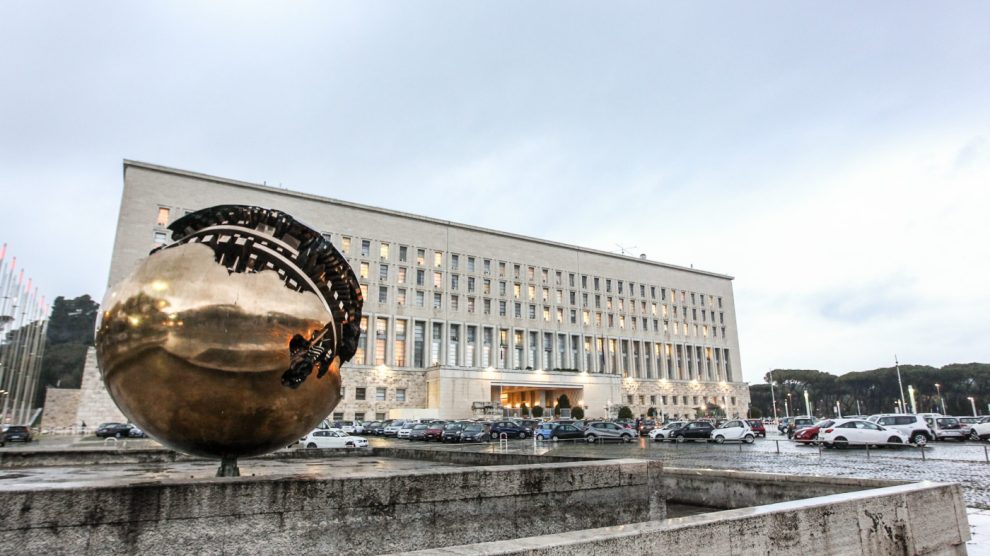Who’s working the desks in Italy’s foreign network? Andrea Di Giuseppe, an MP from the ruling Brothers of Italy party, has been pondering the issue. As he explained to the daily Libero, the Italian diplomatic and consular network spanning across the globe has come to rely heavily on non-Italian contract workers to fulfil increasingly important roles – potentially to the expense of national security and interest.
Replacing the workforce. Contract workers are locally hired, standard figures in some countries with specific language requirements (such as China). They generally have a limited access level and (should) carry out front desk duties only. However, Mr Di Giuseppe told the paper that because of frequent staff shortages, they often “find themselves in rather delicate positions” and end up undertaking more crucial tasks.
- The staff shortages are due to the anti-establishment Five Star Movement’s cost-cutting policies while in government, said the MP. “Competitions for Italian staff were blocked, and the hiring of contract workers simultaneously exploded. Today, the latters account for 35% of the total staff” in Italian embassies and consulates abroad.
Where it becomes a problem. This massive amount of foreign workers becomes a grave issue in countries like China, where the government controls recruitment methods. Italy’s Foreign Affairs Ministry confirmed to Libero that “Chinese citizens are hired after selection. Applications are then formally transmitted to the embassy by a specific Chinese body. This is because local legislation mandatorily provides, for all foreign Embassies in China, for recruitment through specific Service Agencies which, as far as the selection process and the contractual relationship are concerned, perform a function similar to that of temporary agencies.”
- Therein lies the crux of the matter, according to Di Giuseppe, as these Service Agencies are themselves controlled by the Chinese government, “which puts whoever it wants on those lists – perhaps even spies.”
- “What’s more, after just five years of service, these contractors are entitled to a passport and Italian citizenship.”
The breadth of the problem. There are currently 122 contractors in service at Italy’s diplomatic-consular network in China. On paper, as the MFA confirmed, these figures have “mainly executive duties, with more limited authorisation levels […] than Italian citizens.” But the BoI MP flagged that the “chronic shortage of Italian tenured personnel leads to the use of these contract workers even for more delicate tasks.”
- For instance, he said, “there is currently a consulate in South America where visa stamps are entrusted to a contractor” in the absence of the consul and his deputy.
- Hence his suspicion that countries like China – and other nations – could use these contractors for political espionage operations against other countries.
It’s acknowledged – and being tackled. The MFA’s Free Trade Union also denounced the shortage of Italian personnel when compared to contract workers. “We do not want to engage in a witch hunt, but we cannot ignore the fact that any hiring of local contract staff of foreign citizenship can generate a potential danger to national security,” they stated in an official note.
- On his part, Mr Di Giuseppe announced that he’s drafting a law centred on two key points: abolishing the 1992 law that allows a foreigner who has served for at least five years in the State’s service to apply for Italian citizenship and revising recruitment procedures for contract workers.
- The competition to select future workers will have to be held in Rome in order to avoid undue local pressure on heads of mission, he added.
- Finally, the BoI MP denounced the lack of an EU-level coordination mechanism “and, therefore, the inability to intervene. Countries alone cannot do it; we need to move in a synergistic manner in defence of our values.”




